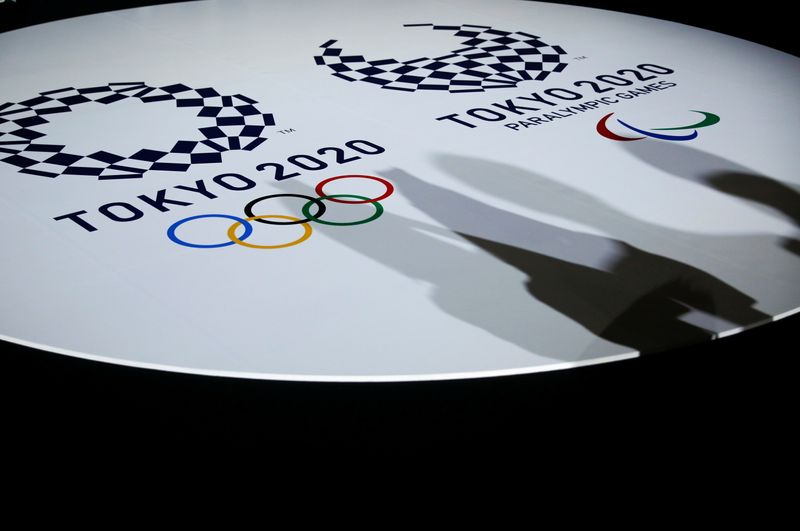NEW DELHI (Reuters) -The Indian Olympic Association (IOA) has dropped Chinese sportswear maker Li Ning as its official kit partner citing public sentiment in the country, saying its athletes will wear unbranded apparel at the Tokyo Games instead.
Chinese companies have faced a backlash in India since 20 Indian soldiers were killed in a clash with Chinese forces in a Himalayan border dispute last year.
The IOA at that time decided to review its tie-up with Li Ning, which was due to expire after the Tokyo Games.
It unveiled an Olympic kit six days ago but said late on Tuesday it had ended the association out of respect for the “sentiments of the people of the country”.
“We are aware of the emotions of our fans and we … have decided that we will withdraw from our existing contract with an apparel sponsor,” IOA President Narinder Batra and Secretary General Rajeev Mehta said in a statement.
“Our athletes, coaches and support staff will wear unbranded apparel.”
Li Ning’s India representatives were not immediately available for comment.
Speaking in Beijing, Chinese foreign ministry spokesman Wang Wenbin said: “We hope India can view regular cooperation between countries objectively and fairly, and avoid politicising the issue.”
The IOA said it did not want the issue of who made the uniforms to be a distraction.
“We would like our athletes to be able to train and compete without having to answer questions about the apparel brand,” it added.
“As it is, they have all been challenged by the pandemic over the past year and a quarter and we want them to be not distracted.”
The IOA said it was guided by the sports ministry in taking this decision.
“The ministry and everybody else were on the same page on this issue,” IOA chief Batra, who also heads the international hockey federation (FIH), told Reuters by telephone.
The IOA is racing to find a new sponsor.
“The kits are ready, it was just a matter of placing the logo on them. We’re looking for another sponsor but time is very limited,” added Batra.
(Additional reporting by Yew Lun Tian in Beijing; editing by Peter Rutherford and …)





















